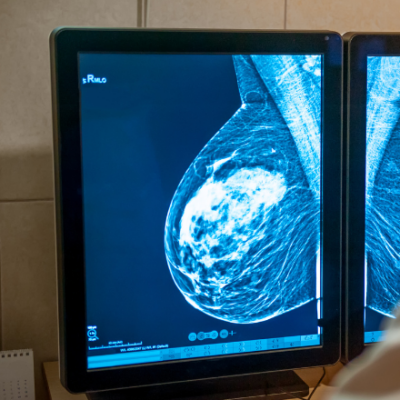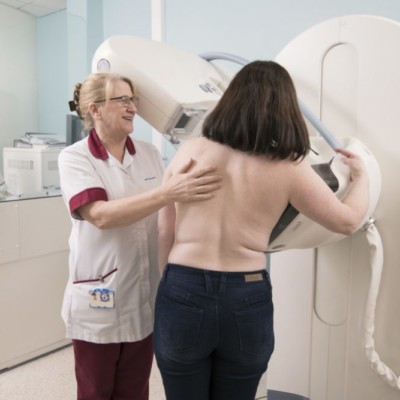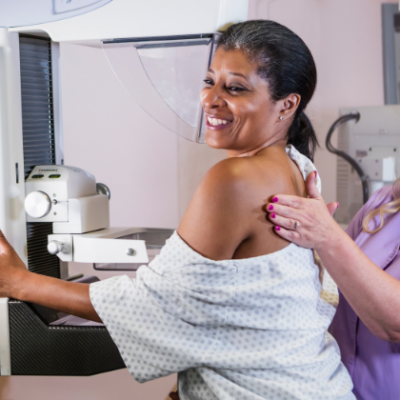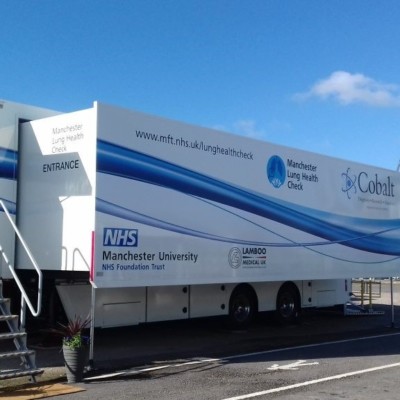
Addressing Health Inequalities – Improving breast cancer genetic testing for diverse communities
New forms of genetic test can tell women their personal risk of developing breast cancer. However, the tests are not accurate for some groups of women from Black and Minority Ethnic (BAME) backgrounds. Researchers from our Cancer Prevention & Early Detection Theme are working to improve this.
Continue reading full case study: Addressing Health Inequalities – Improving breast cancer genetic testing for diverse communities
Addressing Health Inequalities – Alternative CErvical Screening (ACES): Exploring opinions among the LGBTQIA+ community
Researchers within Manchester BRC's Cancer Prevention and Early Detection Theme are undertaking ground-breaking research exploring the possibility of a urine test as an alternative to the ‘smear’ – the Alternative CErvical Screening (ACES) study.
Continue reading full case study: Addressing Health Inequalities – Alternative CErvical Screening (ACES): Exploring opinions among the LGBTQIA+ community
Improving personalised screening, treatment, and care through Polygenic Risk Scores.
Researchers from the NIHR Manchester Biomedical Research Centre’s (BRC) Cancer Prevention and Early Detection (PED) and Musculoskeletal themes are leading the way in the use of Polygenic Risk Scores (PRS) to improve screening, care, and treatments for patients.
Continue reading full case study: Improving personalised screening, treatment, and care through Polygenic Risk Scores.
Addressing Health Inequalities – Developing a breast cancer risk assessment programme for young women
Our Cancer Prevention and Early Detection researchers aim to explore how personalised estimates of women's risk of breast cancer can help to reduce the number of deaths in younger women.
Continue reading full case study: Addressing Health Inequalities – Developing a breast cancer risk assessment programme for young women
Addressing Health Inequalities – The Manchester Lung Health Checks (LHC) pilot
The Lung Health Check (LHC) pilot brought lung cancer screening to some of the most deprived areas of Manchester.
Continue reading full case study: Addressing Health Inequalities – The Manchester Lung Health Checks (LHC) pilot